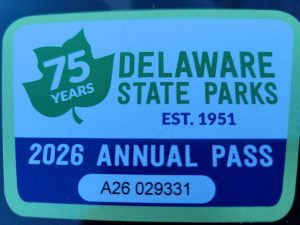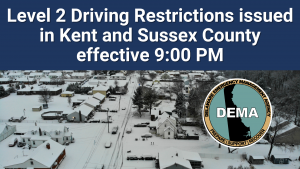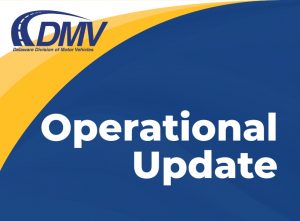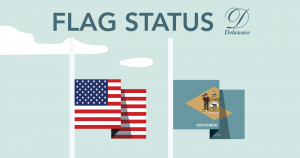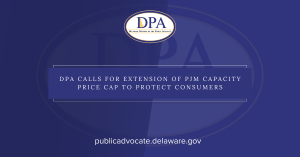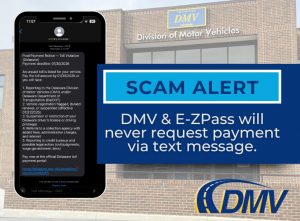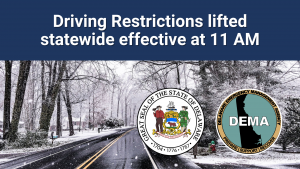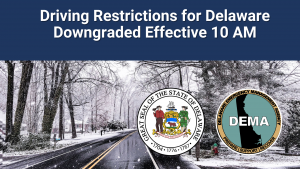DOVER – Over the past three years, the number of Delaware homeowners installing solar panels through a lease or power purchase agreement (PPA) has increased significantly. These are popular financing options for homeowners who are interested in installing clean energy solar panels without paying significant upfront costs or claiming ownership of the system.
In both a solar lease and PPA agreement, the solar installer usually pays to install and maintain the system, and has ownership of the system equipment. In return, the homeowner pays for use of the system in one of two ways: a monthly lease payment, or a power purchase agreement (PPA) in which the homeowner pays a specific rate for the electricity that is generated each month.
In 2015, more than 70 percent of residential solar projects installed in Delaware used solar lease or PPA agreements. With the rapid expansion of these types of projects in Delaware, DNREC’s Division of Energy & Climate has developed the following guidance for homeowners to consider prior to signing a lease or PPA contract.
Thoroughly familiarize yourself with terms of the contract. Most contracts are for a 20-year period, so don’t sign anything until you understand and are comfortable with all of the terms and conditions. Make sure the contract is not missing something that you expected or that the solar company discussed with you – get all terms and agreements in writing. Get a second opinion on any elements of the contract with which you aren’t comfortable.
Understand the system maintenance requirements and your responsibilities during the contract period. Clarify whether maintenance costs will fall on you, or will be the responsibility of the company.
Understand the full cost of your lease or PPA over the life of the contract, including fees or price increases that may occur during the contract period and annual escalators. Lease contracts should clearly list the monthly payment that will be due each month during your contract. A PPA agreement should include the rate per kilowatt hour (kWh) for your entire contract. Many contracts include an annual escalator which increases your monthly payment or price per kWh by a set percent each year of the contract. If the annual escalator is set at a rate that increases faster than the price of electricity from your power company, the power from your solar panels could become more expensive than traditional electricity during your contract period.
Know the current price per kWh that you pay for electricity. You can gather this information by looking at your energy bill or by contacting your electricity provider.
Make sure your proposed solar contract and estimated savings are calculated using your actual cost of electricity, and not a statewide average or estimated electric rate. Electric rates vary significantly by utility company in Delaware. Be wary of high annual electric cost increase estimates that may be used in contracts to make the lease or PPA agreement seem more attractive.
Ask your prospective contractor to explain what incentives they will be claiming and how these incentives were factored into the proposed lease or PPA cost. Consider all of the tax credits, state grants and other incentives available for solar installations. Under most lease and PPA contracts, these incentives are awarded to the solar company, not the homeowner. Currently, available incentives for solar include:
- Federal tax credit – currently 30 percent of project costs
- State grants – vary by electric company. See de.gov/greenenergy to confirm what is available for your project.
- Solar Renewable Energy Credits (SRECs) – These credits can be sold at SREC procurement auctions or exchanged for an upfront rebate via the Sustainable Energy Utility’s SREC Purchase Program. One SREC is generated by your system for every 1,000 kWh hours it produces. See srectrade.com or www.greengrantdelaware.com for more information about these options.
Shop around – get quotes from two or three Delaware solar installers and compare costs before committing.
Consider the pros and cons of owning a system versus leasing or entering into a PPA. While owning a system requires upfront investment, the system will likely pay for itself in a matter of years. Currently, customer-owned residential solar projects in Delaware have an average payback period of only seven years. Homeowners who own their solar system only pay for the difference of the energy they use and the energy they produce, meaning the homeowner will pay significantly less for each energy bill, and may even gather credits to cover other months if their system produces more than the home needs. Over time, the homeowner will save more money in energy costs than they spent on purchasing and installing the system. Most solar panels have a standard 20-year manufacturer’s warranty.
Evaluate whether your finances, coupled with current tax credits and incentives, could make purchasing a system a more attractive option. Low-interest loans may also be available for renewable energy projects, including solar, which could enable you to pay for a system without a lease or PPA contract.
The Delaware Green Energy Program maintains a list of solar installers that offer both customer-owned and lease/PPA systems. Visit de.gov/greenenergy for more information.
Ask the solar company about any liens or fixture filings that may be placed on your home when you sign a solar lease or PPA contract. These may create unanticipated barriers to refinancing your home, taking out a home equity loan or even selling your house. Make sure any liens or fixture filings are fully described in your contract and you understand and are comfortable with all of the implications.
Understand and be sure you’re comfortable with the contract terms that may impact your ability to sell your home during the contract period. Many contracts require the buyer of your home to agree to take over your remaining lease payments or PPA contract terms and also meet certain credit requirements. If a buyer does not agree to transfer the lease or PPA into their name or does not meet the solar company’s credit requirements, you may be required to pre-pay the remaining cost of the contract prior to selling your home.
Consider how a solar system may impact roof repairs or replacement – lease and PPA contracts usually include charges for removing and re-installing the solar panels. Additionally, most lease agreements require you to continue making regular lease payments while the roof is being repaired, even if your solar panels will not produce electricity during this time. Consider making roof repairs prior to installing solar panels.
Be wary of high pressure sales tactics and attempts to pressure you into signing a contract before you fully consider all of your options and are able to finish “doing your homework.”
Ask what companies, if any, the solar contractor will be subcontracting with during the installation of your panels. Ask for business license numbers and professional license information for the electricians who will be working on your installation. Make sure your contracting company and any subcontractors have positive ratings on the Better Business Bureau website.
A solar energy system is a great investment that will lower your carbon footprint and environmental impact, and can save you a lot of money on your monthly energy bill. Lease or power purchase agreements can be beneficial for homeowners who want to contribute to clean energy growth, but may not have the upfront capital, while purchasing a system allows a homeowner to enjoy the benefits and cost savings of solar power without a middleman. Whether you decide to lease or purchase a system, well-informed research will help you make the right decision for your situation.
Solar Energy in Delaware
Solar energy capacity in Delaware has increased by about 3,000 percent since 2008, from 2.3 MW capacity to 71.8 MW capacity. Solar farms across the state power homes, schools and businesses without producing the pollutants generated from fossil fuels that threaten our public health, air quality and vibrant natural resources. Renewable energy systems including solar energy allow Delawareans to achieve the quality of life they desire while reducing greenhouse gas emissions and protecting our environment. For more information on renewable energy in Delaware, visit de.gov/greenenergy.
Media Contact: Joanna Wilson, DNREC Public Affairs, 302-739-9902
Vol. 46, No. 155














